Cleansing Risks: Synthetic Surfactants
Are you aware of what’s lurking in your skincare products? While synthetic surfactants are common in cosmetics, their role in enabling water and oil to mix comes with hidden risks. These chemical compounds can penetrate your skin’s natural barriers, leading to dryness, irritation, and even serious health concerns. From disrupting the skin’s protective layers to potentially causing allergic reactions, the impact of synthetic surfactants extends far beyond their cleansing capabilities. In this article, we’ll uncover the potential dangers of synthetic surfactants, why they might be harming your skin, and how opting for safer, surfactant-free alternatives could be a game-changer for your skincare routine.
Negative Effects on Skin
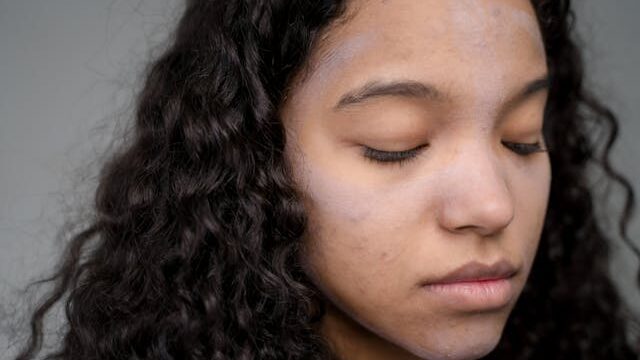
Synthetic surfactants, often found in skincare products, have some hidden downsides. Here’s how they can affect your skin:
- Penetration of Skin Barriers: These surfactants can easily slip through the skin’s natural barriers—the lipid (oil) and water layers. When they do, they can disrupt your skin’s defense system, leading to moisture loss and dryness.
- Degradation of Protective Layers: They break down the skin’s protective lipid layer, which helps keep moisture in. This can lead to dryness and a rough skin texture.
- Protein Damage: Some synthetic surfactants can damage the proteins in your skin. This disruption can cause irritation and increased sensitivity.
- Allergic Reactions: There’s a risk that these surfactants could trigger or worsen allergic reactions, like atopic dermatitis. They might even contribute to more serious issues like liver problems or reduced fertility.
- Toxicity Risks: In severe cases, synthetic surfactants could cause hemolysis (the breakdown of red blood cells) or, although rare, teratogenicity (a risk of birth defects).
General Concerns
Synthetic surfactants are everywhere, from your face wash to your shampoo. Even though they’re commonly used, their ability to deeply penetrate the skin and damage proteins makes their safety a real concern.
Identifying which surfactants are harmful isn’t straightforward. Not all of them are bad, but without expert knowledge, it’s tough for consumers to figure out which ones to avoid.
Experts have noted that many skin problems tied to cosmetics might be linked to irritants like these surfactants. So, while they’re popular, their potential to cause issues means it’s worth paying attention to what’s in your skincare products.
Common Surfactants in Cosmetics

| Category | Common Surfactants | Details |
|---|---|---|
| Cleansers | Sodium Lauryl Sulfate (SLS), Ammonium Lauryl Sulfate (ALS) | These are used for their strong cleaning abilities but can be harsh on the skin. |
| Emulsifiers | Cetyl Alcohol, Stearyl Alcohol | Help blend oil and water, creating smooth formulations. |
| Foaming Agents | Cocamidopropyl Betaine | Used to create foam in products like shampoos and cleansers. |
| Thickeners | Various surfactants (e.g., Polysorbates) | Add viscosity to body lotions and conditioners. |
| Conditioners | Cationic Surfactants (e.g., Behentrimonium Chloride) | Provide conditioning effects and protective coatings. |
| Preservatives | Surfactants with Bactericidal Properties (e.g., Phenoxyethanol) | Help prevent microbial growth in products. |
Which Surfactant is to Avoid?
- Sodium Lauryl Sulfate (SLS): Common in cleansers, it can be harsh and strip the skin of natural oils.
- Ammonium Lauryl Sulfate (ALS): Similar to SLS, it’s effective but may be irritating.
- Cocamidopropyl Betaine: A foaming agent that can sometimes cause irritation or allergic reactions.
- Certain Cationic Surfactants (e.g., some Quaternary Ammonium Salts): While they condition well, they may not be suitable for sensitive skin or certain types of hair.
These surfactants can be harsh or irritating for some people, so if you have sensitive skin or are prone to reactions, you might want to look for products with milder or alternative surfactants.
Alternative Surfactants
If you want to avoid harsh ingredients like Sodium Lauryl Sulfate (SLS) and Polyethylene Glycol (PEG), which can dry out your skin or raise other concerns, you’re on the right track. And also consider using surfactant-free or organic products.
Instead, try natural surfactants. Potassium Cocoate, which comes from coconut oil, and Decyl Glucoside, made from corn glucose, are both gentle and effective. These plant-based alternatives clean your skin without the harsh effects of stronger surfactants, helping you maintain healthy, hydrated skin. And also consider using surfactant-free or organic products.
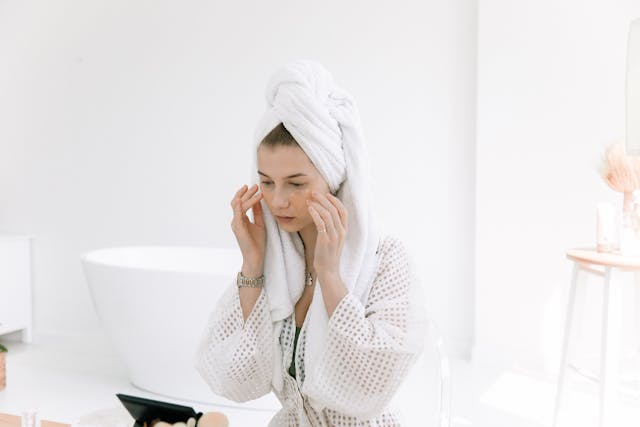
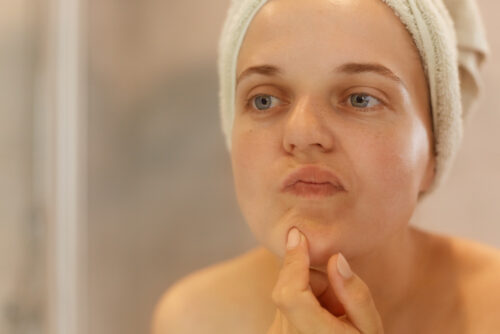
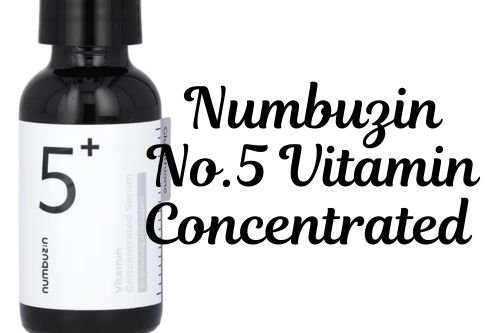
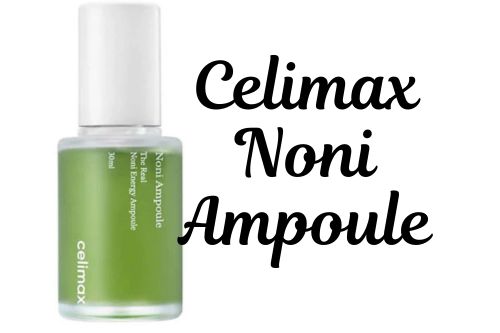
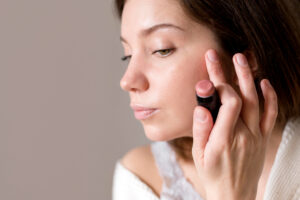
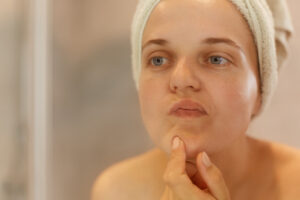
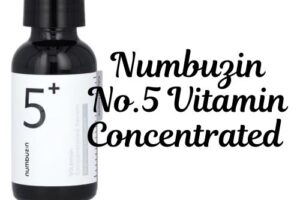
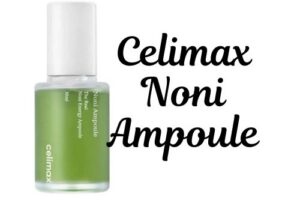
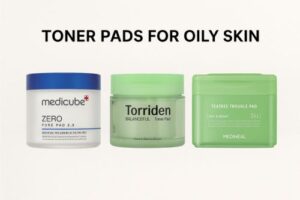
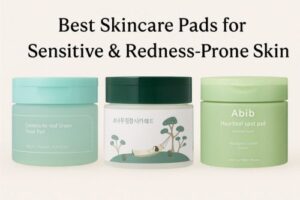
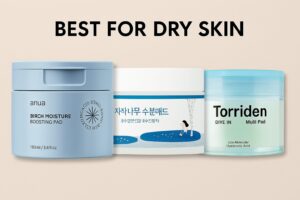
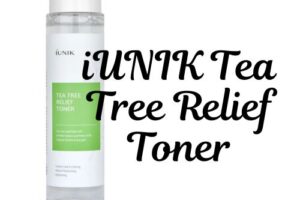
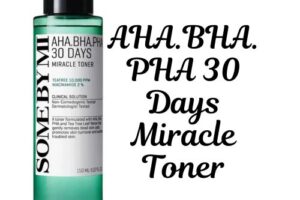
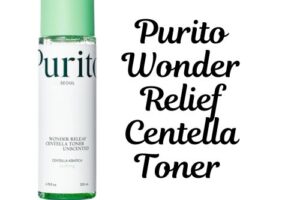
3 comments